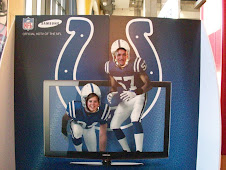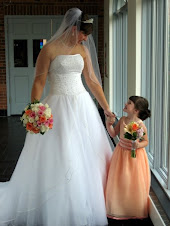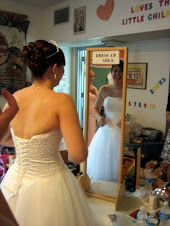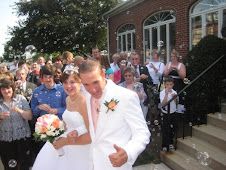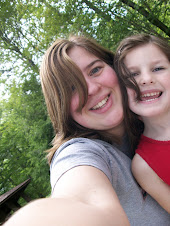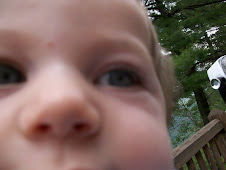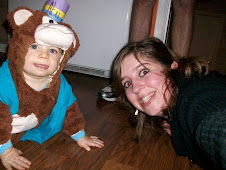I learned a lot from this class this semester. I learned many new strategies for discussion that I plan to use, including literature circles, Socratic Seminar, and the "ticket out."
Books that I thought were most valuable were Persepolis, Monster, and The Book Thief. I like the issues of multiculturalism found in these, and they all help to teach a lesson and a genre. The Book Theif would be helpful in teaching about narrators, and Monster and Persepolis offer new genres our students may not be familiar with, but genres that may have the greatest effects on our students. I would say that Forever, The Chocolate War, and Boy Meets Boy were the least effective for me. Since we decided that most schools would not allow these books to be taught, it was difficult for me to find a lot of meaning in them, especially because our students won't run to these particular books in their free time, either.
Using some "classic" literature, or literature from the canon, would have been helpful to me. I haven't read a lot of what is in the canon, so knowing some of the basics would be helpful as a future teacher (and as a Praxis taker). Doing this would also have helped us make more connections between classroom materials and possible companion pieces.
I feel well-equiped to discuss literature now, largely because of the group-teach experience and our general time spent in discussion. I learned a lot about respectfully listening to other people's comments, and I also feel like this class enabled me to create my own thoughts and accept new viewpoints. Using the strategies I discussed earlier, I think my classes will experience great discussion.
The group teach was definitely valuable to me, though it was difficult to coordinate schedules since we all live so far away from each other and couldn't get together before class because of schedule conflicts, and after class was difficult because of car-pooling and long drives home. However, planning 2 lessons for about 3 hours was a valuable experience that helped me see the big picture of planning, and how everything needs to tie together.
I enjoyed writing my blogs and think that it was valuable for me, however there often was not a lot of feedback from other students. There were many weeks when I tried to comment on everyone else's blogs, but when I got few responses I felt like I was helping others but getting no help in return. If there was a requirement to comment on a certain number of blogs each week, that might have been helpful. I also think it would have been helpful to have the comments be less "fluffy"--- ("I like that too," "You're right, that was a funny part," etc)--- and more in depth, like a discussion through blog and comments. However the students in the high school where I'll be student teaching have a technology requirement, so blogs might be a great idea to get them interacting. I would love to use these with my future students as well because it encourages them to come to class ready with topics to discuss.
Overall, I think this course was very helpful. The articles got me thinking (especially about setting up our classes and developing new writing assignments for our students to use), and I felt that they were helpful. I enjoyed learning about topics I never knew about before, like FanFiction. This could also be helpful in the future as a teacher.
What Do You Mean No More Books?!?!
14 years ago


 Here's one with the cheerleaders right before the Colts come out at the start of the game:
Here's one with the cheerleaders right before the Colts come out at the start of the game: 




